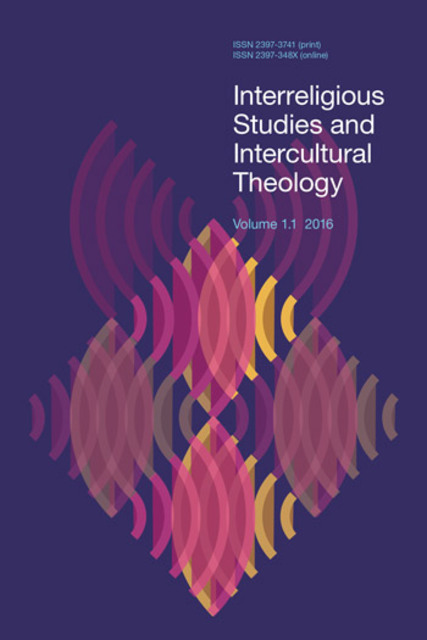Writing African History in a Global World: The Intercultural Paradigm

Full description
In addressing the question of the relevance of neocolonialism and race as an epistemological framework for the writing and teaching of African history today, this article argues that history has a role to play in bridging parallel historiographies. Using the historiography of Cameroonian Engelbert Mveng and that of his main critique Elridge Mohammadou, the article challenges traditional methods of Western historiographies of Africa and warns against the reductionisms of monocultural and nationalist histories and their traumatic effects. It concludes that interculturality can help historians unleash the healing powers of history as an academic and a taught discipline. For history to not repeat the same errors from the past, historians should not only respect the diversity of perspectives in interconnected yet multi-cultural settings, but also overcome monocultural and nationalistic histories in the classroom. Researching and writing African history today should therefore be global, intercultural and pedagogical processes.
- typeImage
- created on
- file formatjpeg
- file size36 KB
- container titleInterreligious Studies and Intercultural Theology
- creatorJean Luc Enyegue
- issn2397-348X (Online)
- issue5.1/2
- publisherEquinox Publishing Ltd.
- publisher placeSheffield, United Kingdom
- rightsEquinox Publishing Ltd.
- volume
- doi
We use cookies to analyze our traffic. Please decide if you are willing to accept cookies from our website. You can change this setting anytime in Privacy Settings.
